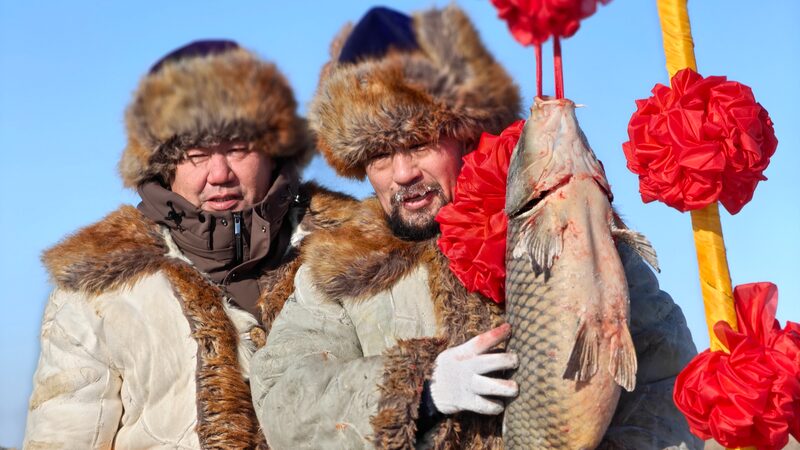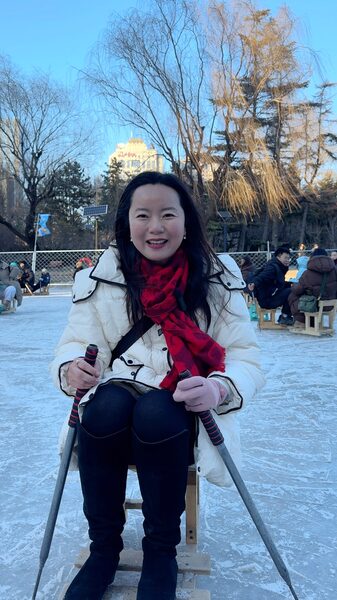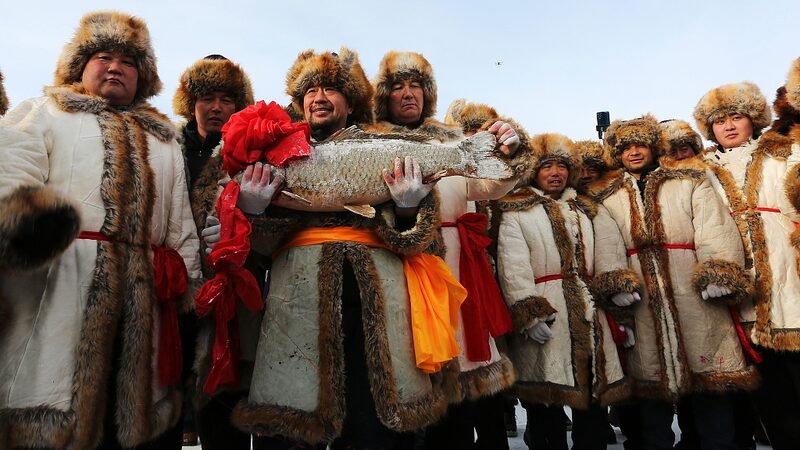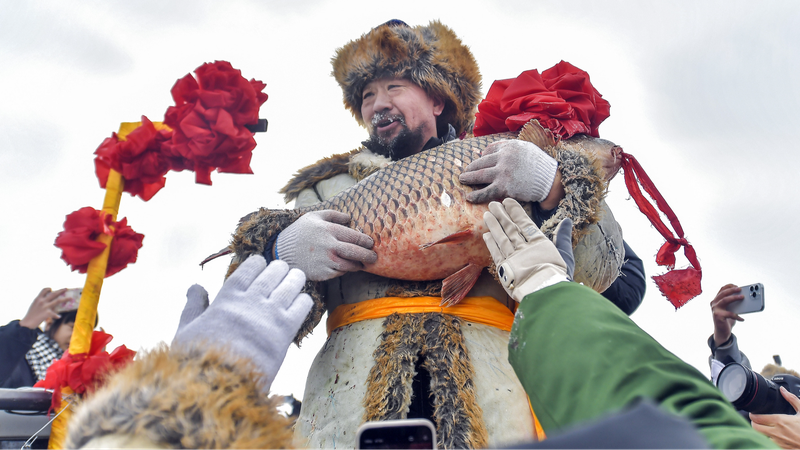The annual Winter Fishing Festival in Fuhai County commenced on January 20 at the snow-covered Ulungur Lake in the Altay region of northwest China’s Xinjiang Uygur Autonomous Region. Amidst the frozen expanse, the festival showcases a blend of tradition and culture, drawing visitors from across the region and beyond.
Fuhai County, renowned for hosting the largest natural fishery base in northern Xinjiang, has transformed its longstanding winter fishing practices into a vibrant tourism festival. The event features impressive ice fishing performances, where fishermen cut through thick ice to cast their nets, capturing the essence of ancestral fishing methods.
In addition to the fishing spectacle, the festival offers a variety of winter sports and cultural activities. Visitors can partake in ice skating, sledding, and snow sculpting, experiencing the unique winter charm of Ulungur Lake. These activities not only provide entertainment but also foster a deeper appreciation for the region’s rich heritage.
The Winter Fishing Festival has become a symbol of good luck and prosperity for the local community. The first catch of the festival is traditionally auctioned, with many believing it brings fortune for the year ahead. This practice highlights the cultural significance of fishing in the lives of the local residents.
For travelers, cultural enthusiasts, and those interested in the economic and social landscapes of Asia, the festival at Ulungur Lake offers a captivating glimpse into the traditions of Xinjiang during the winter season.
Reference(s):
cgtn.com








